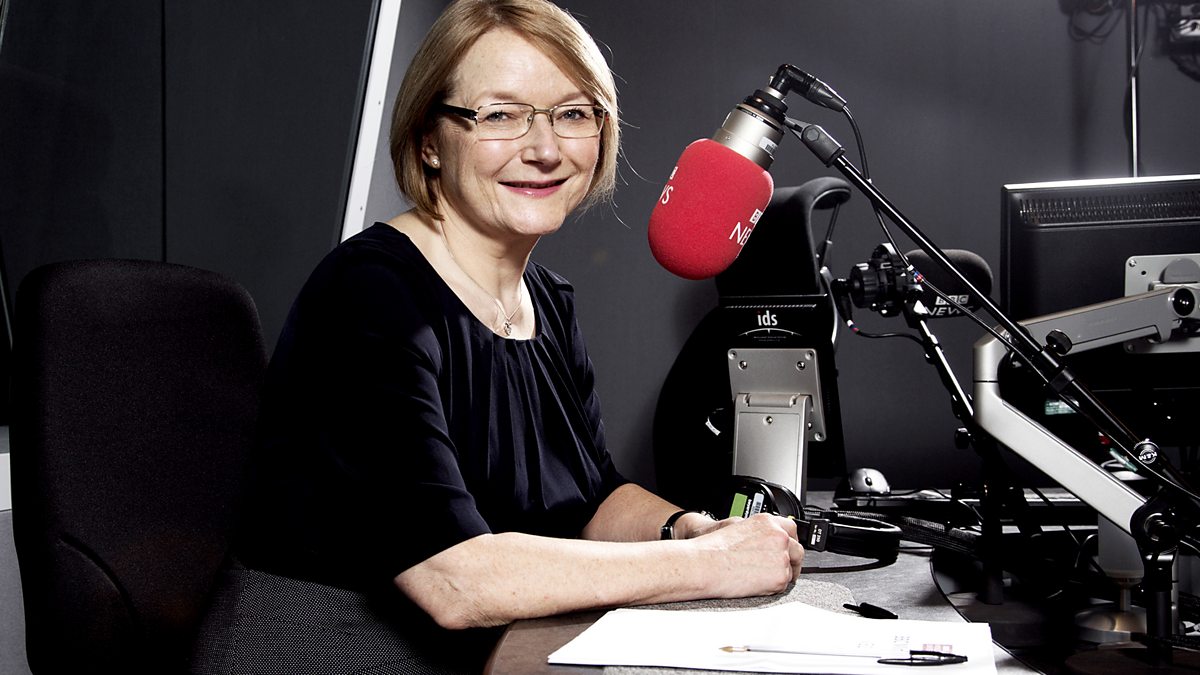The current protests by Americal footballers refusing to stand for the National Anthem are described as taking the/a knee - a phrase I'd never heard nefore, but which has a meaning within the game.
It does seem a bit strange that genuflection should be a sign of disrespect when in other contexts it's the opposite!
It does seem a bit strange that genuflection should be a sign of disrespect when in other contexts it's the opposite!



 I would say amÉli-orate …
I would say amÉli-orate …

Comment